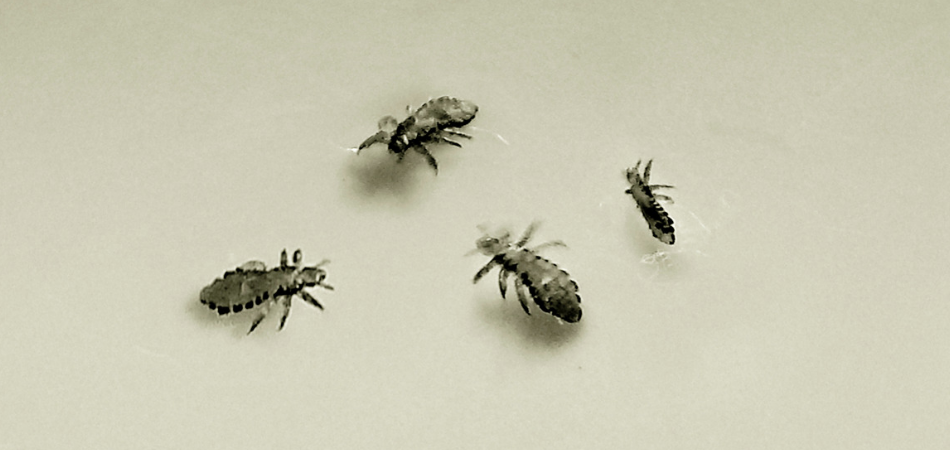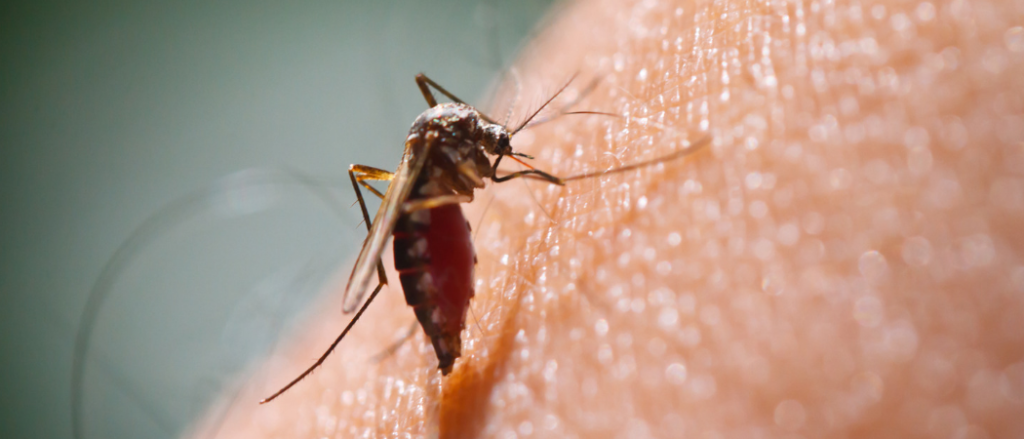
Noseeum bugs, also known as biting midges or no-see-ums, These pests are attracted to light and often they enter homes through open doors and windows. Noseeum bugs can bite humans and animals, causing red, itchy welts.
Types of Noseeum bugs
There are many different types of noseeum bugs, but the most common ones include:
- Biting midges
- Chironomidae
- Ceratopogonidae
- Deer flies
- Horse flies
- Sand flies
- Yellowflies
Noseeum bugs are tiny insects that are related to mosquitoes. They are minimal, and they have a long proboscis that they use to pierce the skin and draw blood. Noseeums are most active in the spring and summer, and they are often found near water sources.
Fortunately, there are many different ways to protect your family and yourself from noseeum bites. Wear long sleeves and pants when you are outside, and use insect repellent. You can also try to avoid areas where noseeums are likely to be found, such as standing near water or marshy areas.
How to get rid of noseeum bugs
There are a few things that you can do to prevent noseeum bugs from invading your home:
- Keep doors and windows closed, especially at night when these pests are most active.
- Use screens on doors and windows to keep noseeum bugs out.
- Turn off outdoor lights or use yellow “bug lights” instead of traditional white lightbulbs to reduce the attraction of your home to these pests.
- Eliminate sources of standing water around your home, as noseeum bugs lay their eggs in water.
- Use insect repellent when you are outdoors to keep noseeum bugs away from your skin.
If you have a noseeum bug problem in your home, contact a pest control professional for assistance.

The dangers of noseeum bug bites
How to treat noseeum bug bites
If you are bitten by a noseeum bug, the following treatments may help to relieve your symptoms:
- Apply a cold compress to the bite to reduce swelling.
- Take an antihistamine to control itching.
- Use topical corticosteroids to reduce inflammation.
If your symptoms are severe or if you are allergic to insect bites, seek medical attention immediately.
FAQ's About No-See-Um Bugs
Question: Do no-see-ums suck blood?
Answer: Yes, no-see-ums are bloodsuckers.
Question: Do no-see-ums carry diseases?
Answer: Yes, no-see-ums can carry diseases.
Question: Do no-see-ums suck blood?
Answer: Yes, If you are bitten by a noseeum bug.
